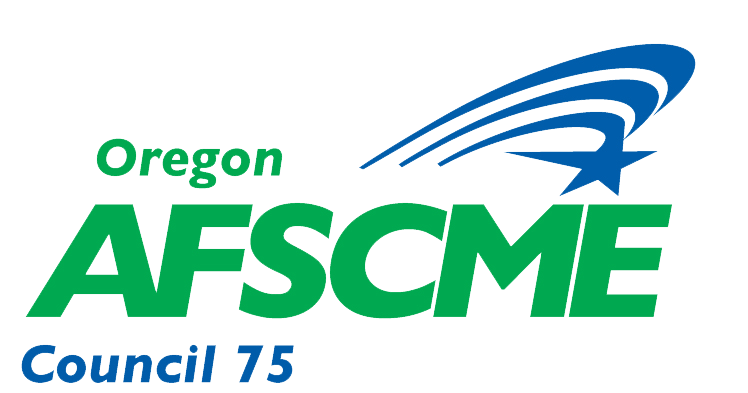Contact the SMART Center with your COVID19 workplace-related concerns
Working Safely
How do I telework?
- Your union has worked out temporary agreements to expand telework with some employers.
- Other employers have established temporary policies to expand telework.
- If you are high risk, you should make sure that information is conveyed as part of your request.
- When in doubt, ask your employer to telework, show them how your essential duties can be done remotely.
- If your employer won’t agree to let you telework and you believe the urgent aspects of your job, and the overwhelming majority of your duties can be done remotely, contact your steward or the SMART Center for assistance.
Personal Protective Equipment PPE, Masks, etc.
If you think you’re being assigned unsafe work
- Talk to Your Steward, or call the AFSCME SMART Center
- Consider filing a complaint with the Occupational Safety and Health Authority (OSHA). You can file a complaint online here.
- Consider OSHA instruction about refusing unsafe work
Considerations when refusing work for COVID related safety issues:
- Employees who refuse to work due to concerns over COVID-19 risk discipline for insubordination.
- Under the Occupational Safety and Health Act (“OSHA”), employers are required to furnish to each worker “employment and a place of employment, which are free from recognized hazards that are causing or are likely to cause death or serious physical harm.” OSHA further prohibits employers from retaliating against workers for raising concerns about safety and health conditions.
- Employees may be able to avoid or overturn such discipline by establishing a reasonable basis for the employee’s belief that the employer has created unsafe working conditions (such as by failing to provide adequate training or personal protective equipment (“PPE”)) and that coming to work would put the employee at risk of contracting COVID-19. Employees who have medical conditions or who are particularly vulnerable to severe impacts from COVID-19 due to their age may have a stronger basis for refusing to perform unsafe work. Employees should notify the employer of any specific health concerns related to COVID-19 and request appropriate PPE, training, and/or correction of the dangerous condition to abate safety concerns before refusing to work, and requesting an alternative assignment.
- Additionally, employees that have medical conditions putting them at greater risk from COVID-19 may also be considered as having a disability under state and federal law. As a result, employees who raise safety concerns related to their own health condition(s) may be entitled to reasonable accommodation in the form of additional PPE, modified work location or conditions where possible, or enhanced leave options. Even though a disability may not prevent you from doing your job normally, if the condition will be worsened without accommodation because of the current public health situation, the Employer likely has a duty to accommodate your disability by providing you with PPE or paid leave from work. If you have an underlying health condition that puts you at greater risk for COVID-19, you should ask your supervisor in writing for PPE or other accommodations that will decrease your exposure.
Unemployment & FMLA
You may be eligible for temporary Unemployment - If your child is home from school, or you or your family are ill.
- Filing for Unemployment
- Detail on temporary expanded rules
- More details about unemployment
- You may be eligible for newly expanded sick leave And FMLA rights. Here’s a summary of what’s been approved.
- More details about the expanded rights Congress just approved.
Agreements with Employers
- Your union has been working overtime to make sure workplaces are as safe as possible as Oregonians confront this new virus. Many Oregon AFSCME members are essential employees and are desperately needed by the public to help with virus response. We have been working to get as many employers as possible to curtail operations and expedite emergency telework for those who can.
- We have been convincing employers to augment their usual time off and leave provisions to help make people who are sick or have members of their household who are, to be most likely to stay home without fear of discipline or loss of income, and we have been working to get information out to members as quickly as possible so everyone can be as safe as possible in their homes and at work. In this time of crisis we need to look out for each other, now more than ever.
Additional Resources
- Oregon Tenant Rights during COVID-19
- Derechos de inquilinos en Oregon durante COVID-19
- AFSCME International COVID Resource Page
Miss Oregon AFSCME's tele town-hall meetings? Listen to the recordings below.

